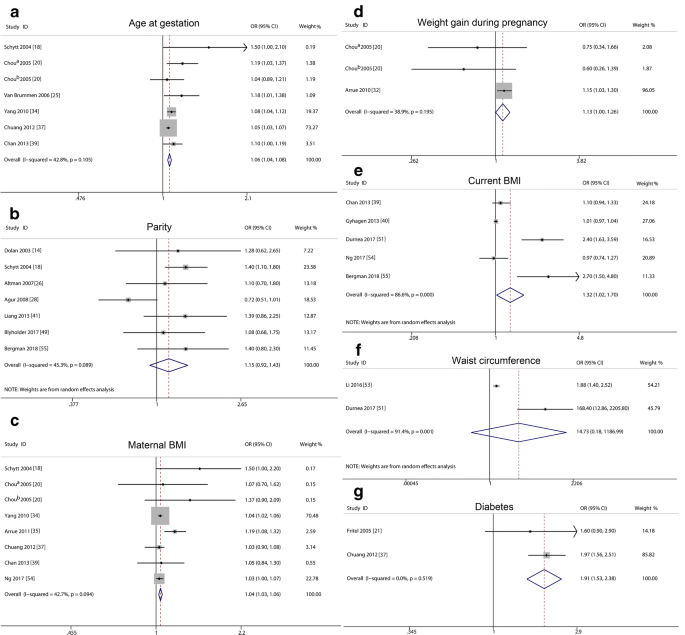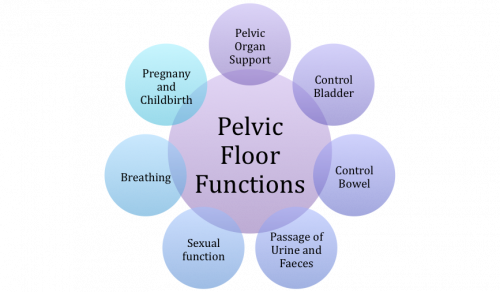PDF) Pelvic floor parameters predict postpartum stress urinary incontinence: a prospective MRI study


Risk Factors for Postpartum Stress Urinary Incontinence: a Systematic Review and Meta-analysis

Stress urinary incontinence

MRI of the pelvic floor in female patients with stress urinary incontinence, pre- and postoperative and/or physiotherapy: analysis of the defect-specific approach, Egyptian Journal of Radiology and Nuclear Medicine

Comparing two-dimensional ultrasonography with three-dimensional ultrasonography and MRI for the levator ani defects grading

Pelvic floor muscle training for prevention and treatment of urinary incontinence during pregnancy and after childbirth and its effect on urinary system and supportive structures assessed by objective measurement techniques

Can postpartum pelvic floor muscle training reduce urinary and anal incontinence?: An assessor-blinded randomized controlled trial - ScienceDirect

Pelvic Floor Exercises - Physiopedia

PDF) A Contextual Model of Pelvic Floor Muscle Defects in Female Stress Urinary Incontinence

PDF) The effect of pelvic floor muscle training on urodynamic parameters in women with stress urinary incontinence

A model identifying characteristics predictive of successful pelvic floor muscle training outcomes among women with stress urinary incontinence

Pelvic floor parameters predict postpartum stress urinary incontinence: a prospective MRI study, Insights into Imaging

Biomedicines, Free Full-Text







